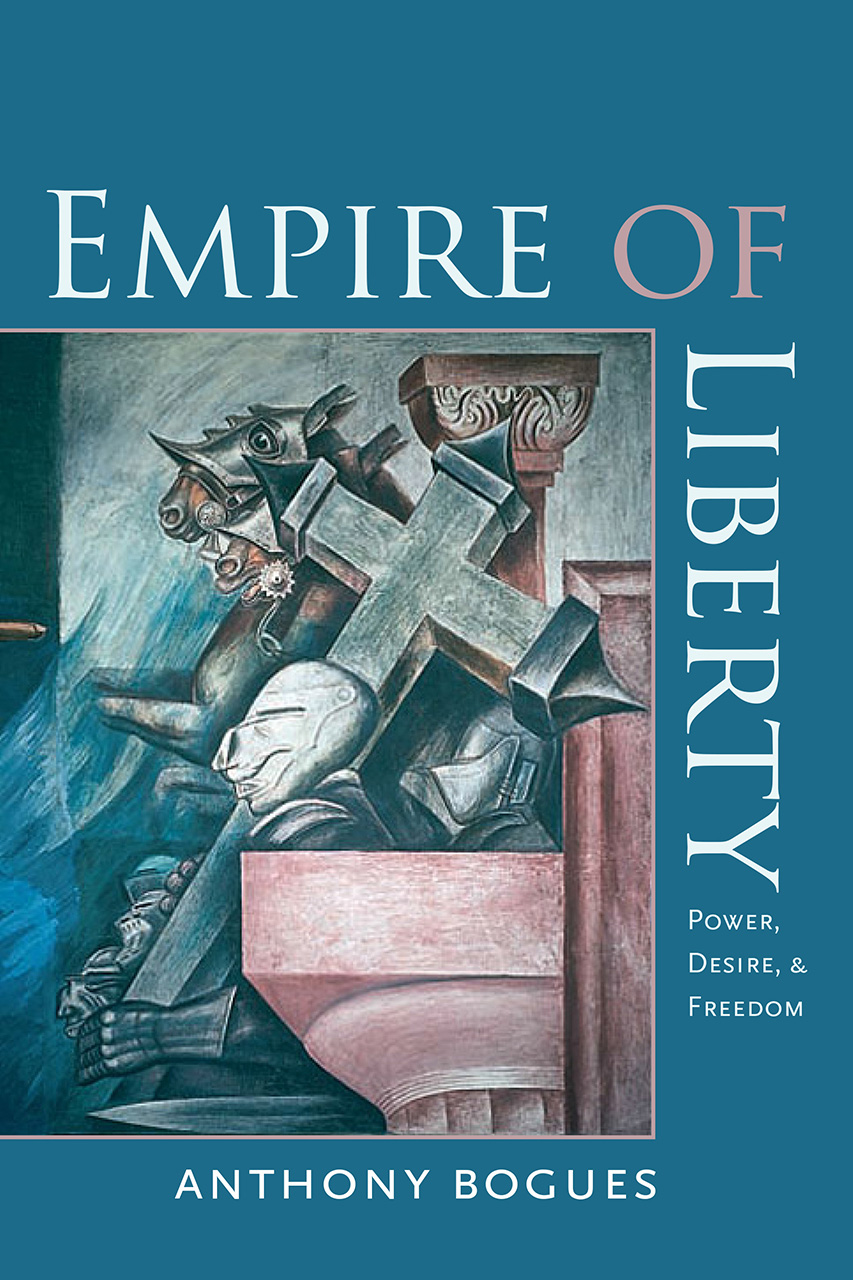
Hamilton, on the other hand, is the realist. Jefferson was devoted to the idea that we could eliminate war, we could eliminate the use of military force. That is, he says: "there's evil in the world and war comes out of that evil." Jefferson would not have believed that. He's a peacenik, but he's also a realist in that speech. I think Obama had a little bit of Hamilton and a little bit of Jefferson in that speech. That makes him a spokesman for democracy.

Not just that people are created equal - everyone can belive that, and everyone did in the 18th century - but Jefferson believed that despite the inequalities you could see verywhere in our society, beneath the surface, at bottom, we were all the same. He did believe at heart that every person is the same. Jefferson himself is the greatest paradox in American history: that our supreme spokesman for democracy should be a shaveholding aristocrat has to be ironic. Idealism comes out of the Jeffersonian tradition.

The critics of Bush were appalled not so much by the use of troops, but it was the torture, it was the brutality, the un-American aspects of the War on Terror that bothered a lot of people. But I think he would also believe that we have tried to maintain our sense of ourselves as being the spokesmen for democracy in the world, and that's been an important part of our history. Jefferson would be appalled by the extent of Presidential power for example, and just general Federal governmental power would appall him. This was what he dreamed of : that we would be a great power. He would love the pentagon, the CIA, all of the million plus men and women under arms. GW: Well I think obviously Hamilton would be most pleased with the modern America: huge beurocracy. Jefferson I think would believe that we should avoid war at all costs and I think he would be in favor of getting out.ĬL: Your book underlines for me what seems to me the main, if largely unspoken tension in our policy and politics today, which is the difference between the republic that the founders put together in Philadelphia ("if you can keep it," Ben Franklin said) and a notion of an ambitious world empire. I think Hamilton would take that rather cynical view of what Obama is doing. In the sense that he's already intending to pull out, he's really making that promise to cover his base, his democratic base, and that his intentions in Afghanistan are essentially to get out in the best way possible, without creating too many political problems for himself. Hamilton would think it was too Jeffersonian. People ask me, what would George Washington think of the invasion of Iraq!. GW: If we can talk about thise historical characters having present-day relevance, which Americans like to do, which is strange itself.

CL: Gordon Wood, if there's a connection to be made across more than two centuries to the "realism" and "idealism" of President Obama's peace-prize speech, you're the man to make it.


 0 kommentar(er)
0 kommentar(er)
